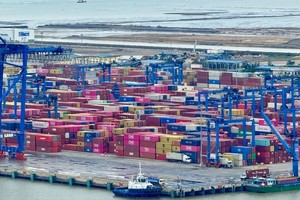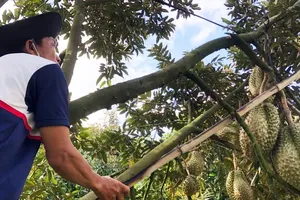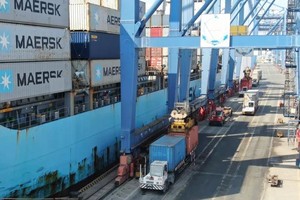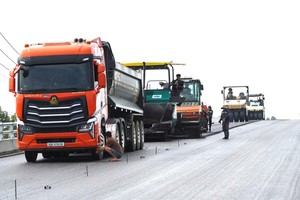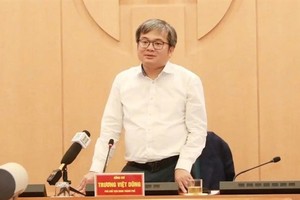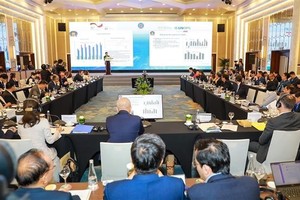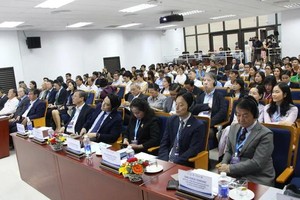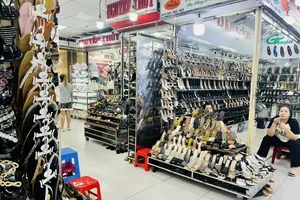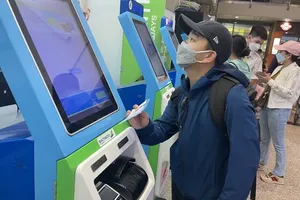The Government is going to propose that the National Assembly formulates a separate law on settling bad debts to facilitate economic restructuring, Deputy Prime Minister Vuong Dinh Hue said on Thursday.
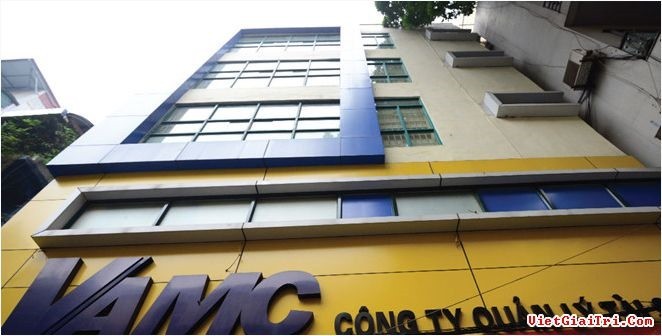
He told a cabinet meeting that handling bad debts was an urgent task for ensuring macro-economic stability and boosting socio-economic development.
However, the work done by Vietnam Asset Management Company (VAMC), set up to process the bad debts of commercial banks, had not been effective enough, he said.
Company Chairman Nguyen Quoc Hung reported late October that since its establishment in 2013, the firm had bought non-performing loans worth VND262 trillion (US$11.85 billion).
However, it has only been able to recover around VND38 trillion, about 15 percent of the loans purchased.
State Bank of Vietnam (SBV) Deputy Governor Nguyen Kim Anh, said the lack of proper, consistent regulations for the company’s operations has caused the low ratio of debt recovery.
For example, as the VAMC deals with bad debts, borrowers might want to supplement their collateral with land-use rights. Yet notary agencies would not agree to notarize such a mortgage contract because, although the VAMC owned the debts, it was neither a lender nor a party that can accept land use rights as collateral under the Land Law 2013.
The SBV’s Circular No 19/2013/TT-NHNN enabled the VAMC to evaluate bad debts either by themselves or by hiring an independent institution, but the Finance Ministry’s Circular No 126/2015/TT-BTC did not specify the criteria for valuating debts.
VAMC and credit institutions cannot seize mortgaged assets if their owners intentionally resisted such seizure, because the national Civil Code (2015) has not stipulated the right of mortgagees to seize the assets.
Mr. Hue said the Ministry of Justice should start co-ordinating with relevant ministries and sectors immediately to kick-start the process for issuing a law on bad debt settlement.
The authorities would revise the Civil Code and laws on credit institutions, deposit insurance, tax management, corporate income tax, individual income tax and asset bidding, as part of this project, he added.
He asked the Ministry of Justice to formulate a decree to guide implementation of the Asset Bidding Law, and the Ministry of Natural Resources and Environment to complete a similar legal document on the Land Law regarding mortgaged assets settlement.
The deputy PM also asked the Ministry of Construction to collaborate with the Ministry of Justice and the SBV to revise Decree 163 on transferring incomplete property projects not meant for business transactions in a way that facilitates VAMC operations.
The Ministry of Finance should issue criteria for asset valuation in the near future, and the Ministry of Public Security should co-operate with credit institutions and the VAMC in seizing mortgaged assets.
He also urged the People’s Supreme Court and the People’s Supreme Procuracy to provide guidelines on the legal value of transactions with mortgaged assets.
For its part, the VAMC should come up with a plan to enhance its capacity.
“All measures aim to help the company handle bad debts more efficiently, but they must guarantee legal rights and interests of the State, credit institutions and related organizations and individuals,” he said.

